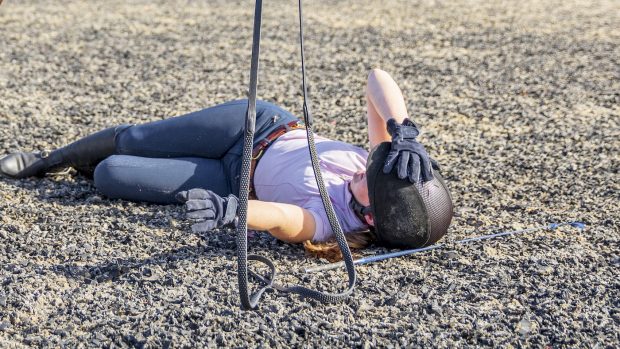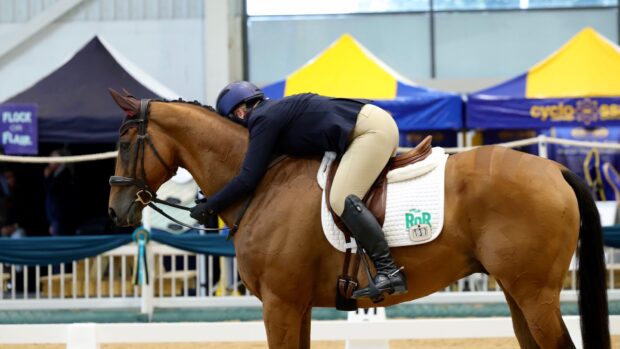A test that could help detect the severity of a concussion is a step closer after researchers found a specific protein present in patients with a certain type of head injury.
Scientists have discovered that some “mild” concussions can cause cognitive impairment that lasts for several months or longer.
Researchers at the University of Pennsylvania and the University of Glasgow have found a biomarker that is present in concussions with this brain damage.
They have narrowed it down to a specific protein, which rises in the blood following this type of concussion.
Scientists hope this could be used to diagnose specific brain injuries and predict cognitive impairment in patients.
“We’re starting to believe that ‘mild traumatic brain injury’ is an oxymoron,” said author Dr Douglas Smith. “For some people there’s nothing mild about it.”
A concussion test similar to the standard blood test used to detect cardiac damage from a heart attack may be available in the future.
“The brain protein specifically indicates the presence of nerve fibre damage that we call diffuse axonal injury,” said Dr Smith.
“Our findings confirm that even relatively mild, concussion-type brain impacts can cause permanent damage of this kind.”
Dr Jerry Hill, chief medical advisor at the British Horseracing Authority (BHA), said the development of biomarkers as pitchside or near-patient tests has been the subject of research from groups around the world.
“If these chemicals could be measured on breath or finger-prick blood tests that gave instant results and were accurate, reliable and cost-effective, then such tests have the potential to revolutionise the management of concussion,” he told H&H.
“Research is ongoing and the BHA will monitor developments to assess when and if such testing can be incorporated into our current protocols.
“Racing has, for many years, been recognised as being ahead of the curve when it comes to concussion management, however we cannot be complacent.”
He added that the BHA is currently reviewing its concussion protocols.
The BHA rules currently require all professional jockeys to undergo yearly baseline neuropsychological screening.
Related articles:
- Concussion: are women more at risk? *H&H VIP*
- Simple reading test could help detect concussion
- ‘From denial to panic’: long-term effects of concussion explored
Following a concussion diagnosis, a rider is immediately stood down for a minimum of six days.
They then undergo one or more repeat neuropsychological tests that are compared to their baseline, an assessment by a separate consultant neurologist and, in some cases, a brain scan.
Only when the results of these tests return to normal is the jockey allowed to return to race-riding.
Ref: H&H 18 February, 2016




